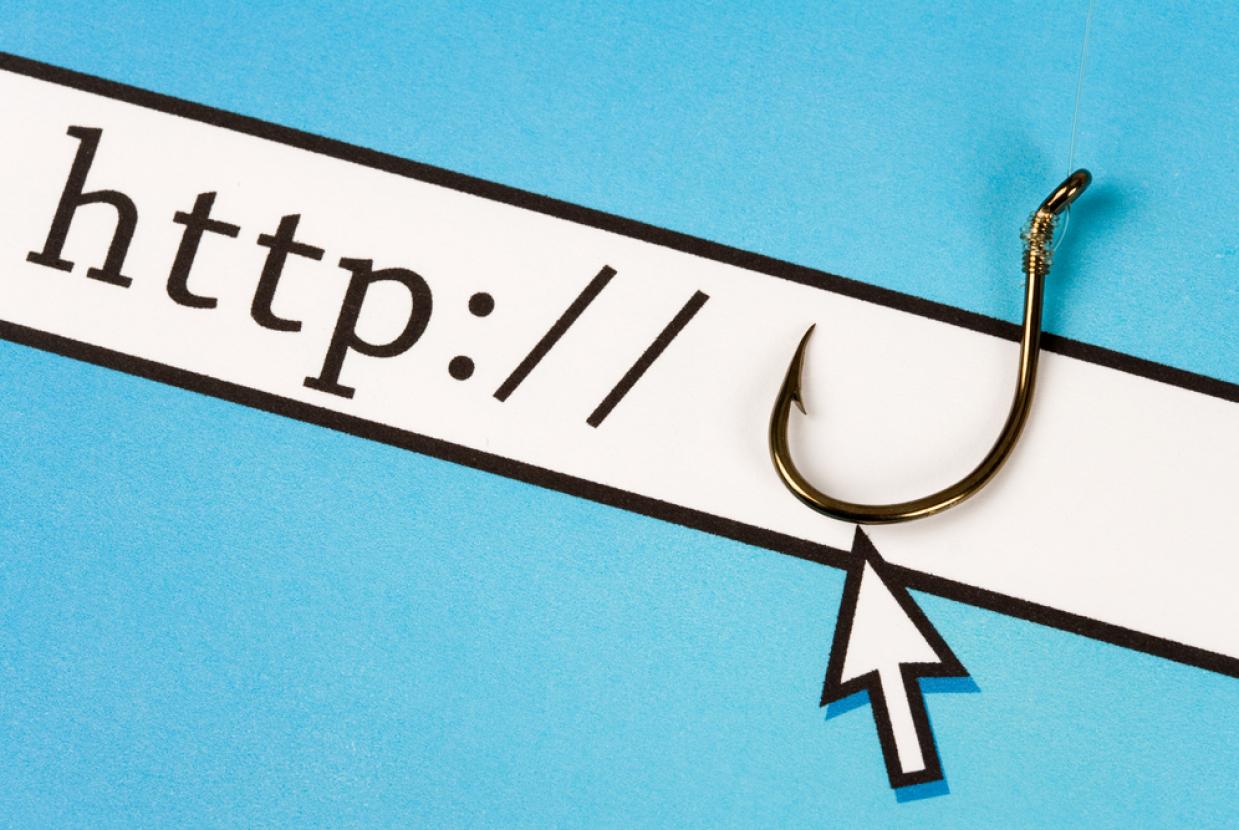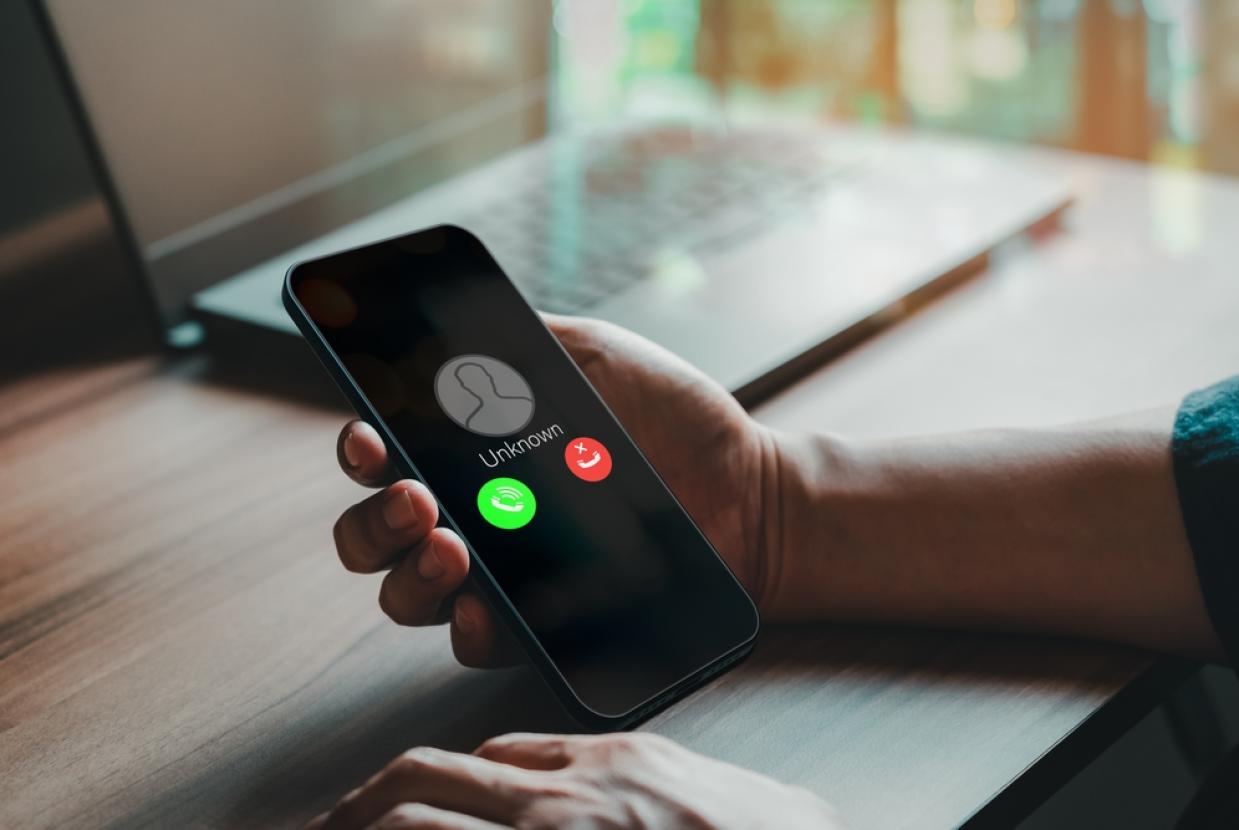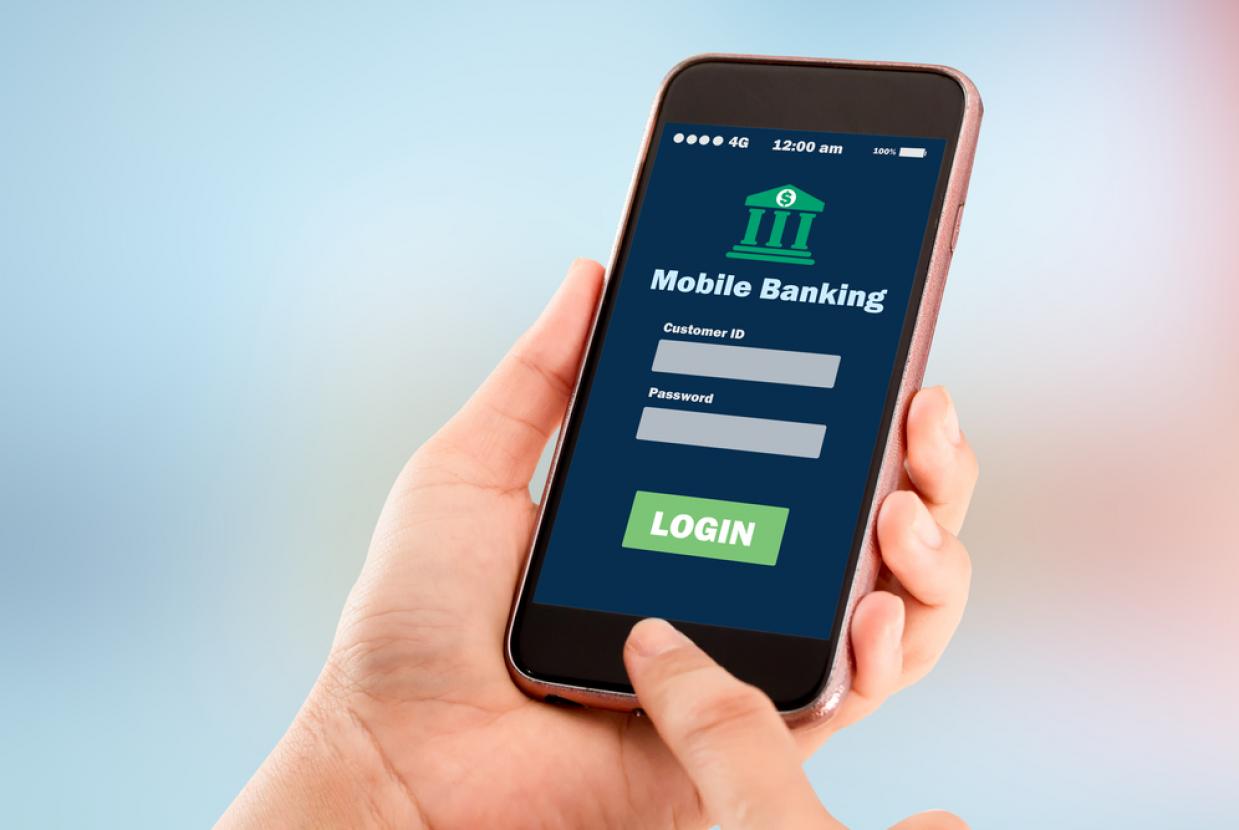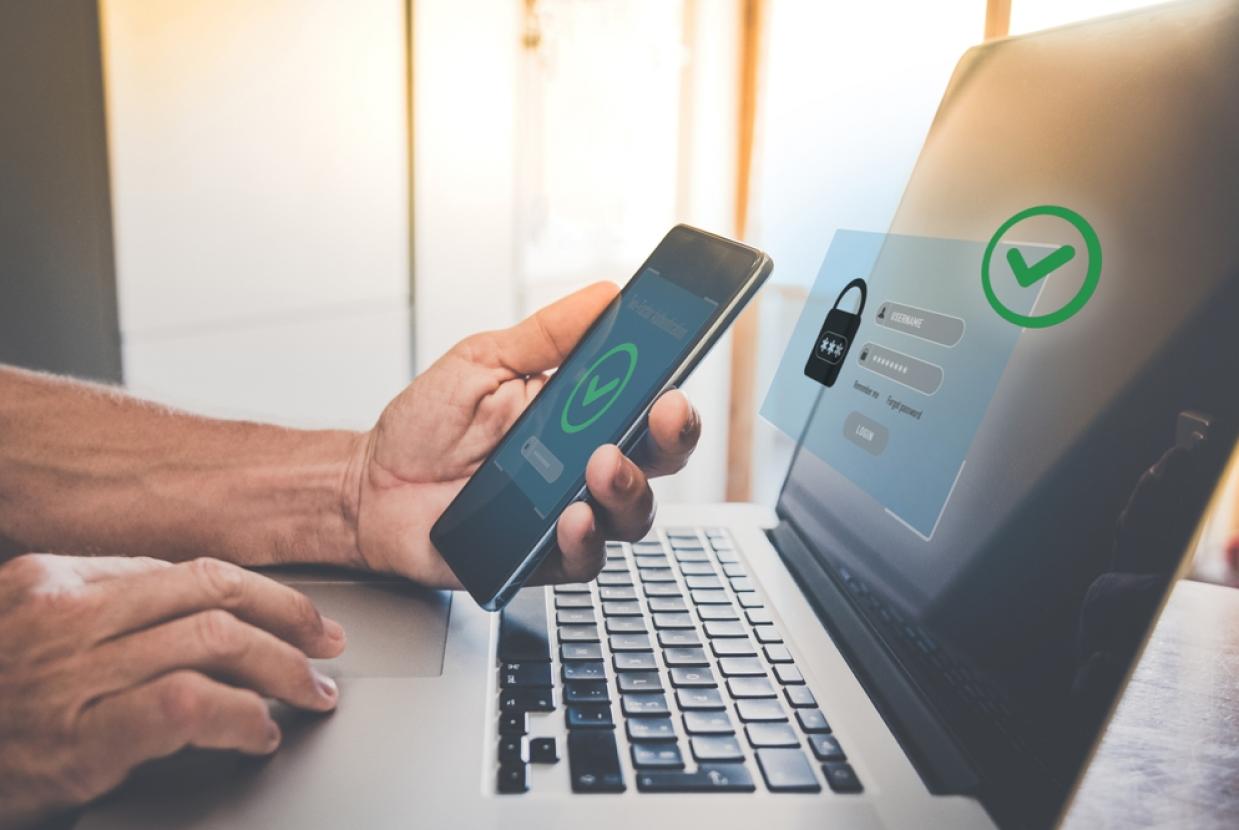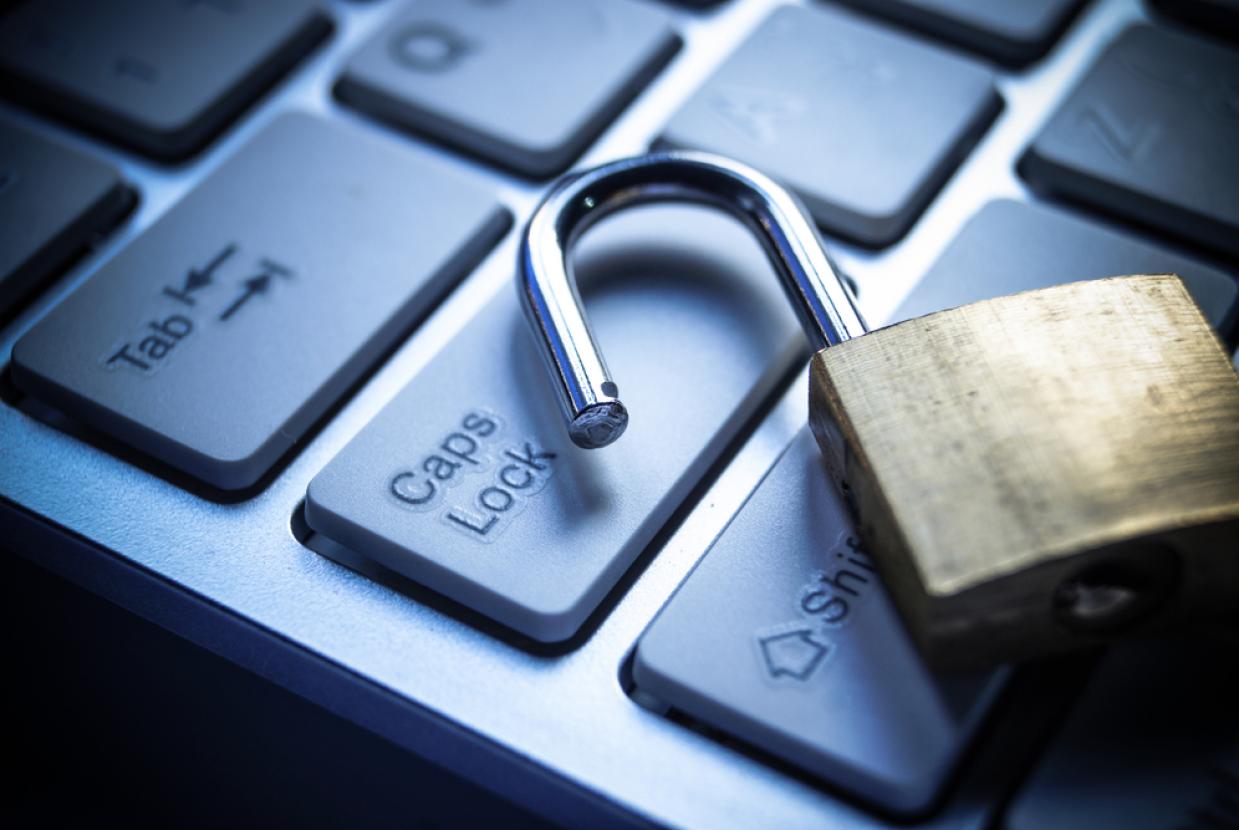Am I Being Scammed?
Cyber SecurityScams can come in many forms, but all are designed to get hold of your money. They do this by getting you to reveal your personal details, stealing your information, or even tricking you into willingly handing over the cash.
It’s important to know how to recognise a scam so you can protect yourself from fraudsters. We’ll also show you what to do if you think you’ve been targeted or have fallen victim.
Types of scam
The tactics used by scammers and fraudsters can vary from someone knocking on your door to an unexpected email or phone call.
The internet and advances in digital communications have opened other ways for scammers to target you and steal information. Chances are, you’ve come across the most common type of scams.
- Spam emails saying you're about to come into some money or pretending to be from HMRC or your bank.
- Texts claiming payment is required for a package to be delivered.
- The WhatsApp ‘mum and dad’ scam, when scammers using WhatsApp pose as family members in order to manipulate victims into transferring money.
While some email scams can be quite easy to spot and avoid, others are much more sophisticated. Scammers keep up to date with things that are in the news, and use government schemes people might have heard of but aren’t familiar with to create new scams.
How to recognise a scam
Knowing what to look out for when it comes to scams is one of the best ways to protect yourself.
- Unsolicited or unexpected contact - If you’ve received any kind of contact, but particularly a phone call, out of the blue, it is best to avoid it. Since January 2019, there has been a ban on cold calling about pensions. This means you should not be contacted by any company about your pension unless you’ve asked them to. In May 2023, the government announced that they planning to ban all financial cold calls.
- Email address - If you get an email, expand the pane at the top of the message and see exactly who it has come from, it could say it’s from TV Licensing but if you click or hover over the name it might reveal something different. If it’s a scam, the email address the message has come from might not match up with the sender’s name, have misspellings, random numbers or be from one of your contacts that’s been hacked.
- Text messages – Modern scammers can make their numbers look like ones you trust, like your bank’s. The scam text message might even appear in the same conversation as legitimate texts you’ve had before. This is known as ‘number spoofing’. Just in case, don't click links in text messages, and if in doubt, contact the company directly using contact details from their website or correspondence to check whether it’s a real message.
- If it sounds too good to be true, it usually is. This is something you normally find with pension or investment scams, where the fraudster guarantees you huge returns, but tells you it is low risk.
- Personal details, full PIN codes and passwords. These are things no legitimate company will ask you for.
- Quick decisions. If you are pushed into making a decision on the spot, be suspicious. Scammers don’t want you to have time to think about it. Any legitimate company who calls you won’t mind if you hang up and call them back later. Use the phone number you find on letters from the company or the back of your card.
- Random competitions, particularly if you don’t remember entering them, should ring alarm bells.
- Spelling errors or poor grammar on emails and in texts are other signs of a scam.
How to protect yourself against scams
The next step to avoiding scams is to know how to protect yourself both off and online.
- Avoid any unexpected contact. Don't answer phone calls, letters or emails if they look unfamiliar. If you’re a customer of the company use the contact details given to you in official paperwork or on their website to check if the person approaching you is legitimate.
- Never give out personal information. This can be used to steal your identity and access accounts. In particular, you should never share your full PIN or password with anyone. Your bank will ask you to use a card reader or ask for a few digits of your password if they need it.
- Keep operating system and virus protection software up-to-date. Don’t ignore updates as these can often include patches to protect against new kinds of scams, viruses and ransomware. This goes for mobile devices as well.
- Make sure all your accounts have strong passwords. Don’t use the same password for multiple accounts and change them regularly.
- Don’t make any payments until you are sure the company you’re dealing with is legitimate. Check with the company directly before making any payments.
- Never transfer money to a ‘holding account’. This is a common scam. Someone will call you pretending to be from your bank’s fraud team and ask you to transfer your money over to a safe account to protect it. But, if you do that, you are just sending a scammer your savings.
- If you’re unsure about a financial services company, check the FCA register of regulated companies. If they’re not on it, don’t have anything to do with them. Also, check the FCA warnings for cloned firms
- If you’re unsure about any other kind of company, you can look them up on Companies House to find out their background or search for reviews online.
- Use safe and secure WiFi connections and avoid public WiFi. Your standard mobile network connection is often more secure than the one in the coffee shop or restaurant.
- Make sure any websites you are using are secure. Check to see if the web address starts with HTTPS, not just HTTP.
- Sign-up for a call blocking service like the Telephone Preference Service This might not stop all scam calls as they operate outside the legal guidelines, but it will stop cold-callers. This means any suspicious or unexpected calls you do receive are almost certainly from people you don’t want to deal with.
How to spot a scam?
If you think you’ve been scammed there are some steps you should follow.
- Contact your bank or card provider immediately if you've lost money, so they can start trying to get it back.
- Stop sending money straight away. If the payment has been set up as a Direct Debit, get in touch with your bank to stop this immediately.
- If you’ve been targeted, even if you’re not a victim of it, report the scam to Action Fraud on 0300 123 2040, use the Action Fraud online reporting tool and the FCA Scam Smart In Scotland, you should report the scam to Police Scotland on 101 or Advice Direct Scotland on 0808 164 6400.
- Beware of follow-up scams. Sometimes after reporting a scam you might get targeted again by a fraudster who says they can get your money back.
- Check your credit file for free through, Credit Karma MSE Credit Club and ClearScore You’re best to check it monthly for credit applications done by a fraudster. See if there are applications for credit you don’t recognise, or if you have a Cifas marker on your file. If your bank believes you’ve been a victim of fraud it could put a Cifas ‘Victim of impersonation’ note on your account. It warns lenders that you’ve been a victim, or are vulnerable to becoming, a victim of fraud If you have a Cifas marker on your file, request more information about why from Cifas
If you think you’ve been targeted by a scam, you should report it so it can be investigated. You can do this through Action Fraud (or 101 in Scotland) and the Financial Conduct Authority website using their reporting form.


















